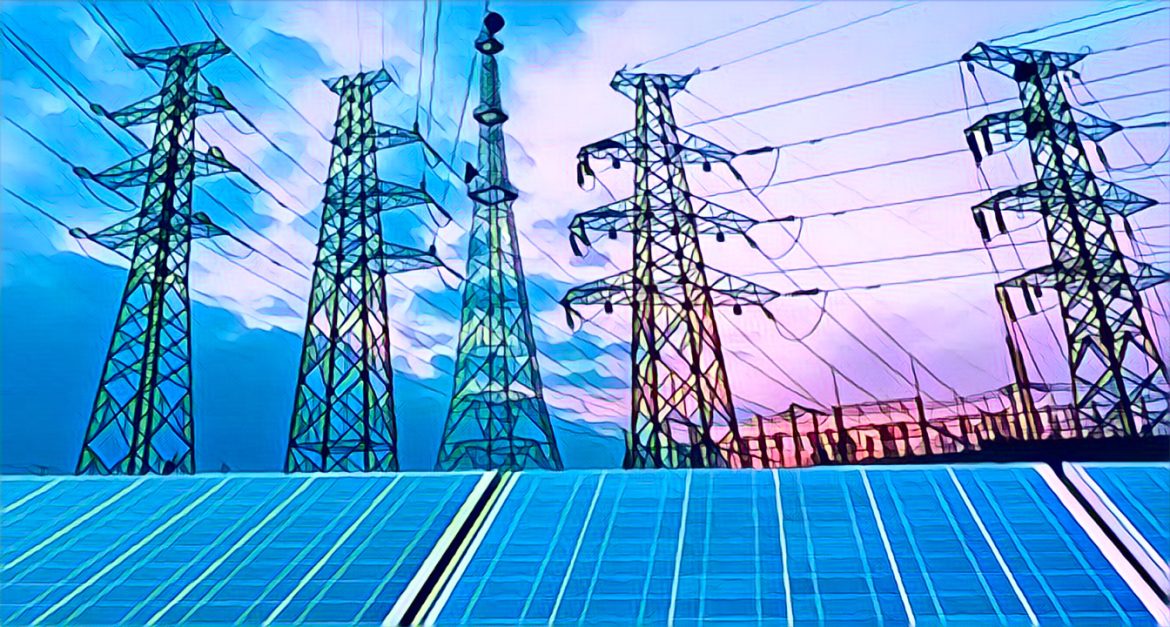The Nigerian Electricity Regulatory Commission (NERC) has taken a significant step to enhance the country’s power generation by issuing new permits to several companies, including MTN Communications Nigeria Limited and Golden Penny Power Limited. These permits are part of an ongoing effort to improve electricity supply through off-grid and captive power generation initiatives, addressing the nation’s energy challenges.
In its latest report, NERC confirmed that it granted nine new off-grid generation licenses in the first quarter of 2024. These licenses represent a combined capacity of 109.69 megawatts (MW). The commission also issued three new trading licenses, further boosting Nigeria’s power infrastructure.
Golden Penny Power Limited received a license to establish six off-grid gas plants across four states: Lagos, Oyo, Ogun, and Cross River. These plants will contribute a total of 100 MW to the grid, marking a significant addition to Nigeria’s energy capacity. This initiative by Golden Penny underscores the growing trend of companies investing in self-sustaining power solutions to support their operations and reduce reliance on the national grid.
MTN Communications Nigeria Limited, a leading telecommunications provider, was also granted a permit to develop four captive power generation plants in Lagos State. These plants will have a combined capacity of 15.94 MW, aimed at ensuring reliable power for MTN’s operations. The move by MTN reflects the broader industry shift toward captive power generation, where companies produce electricity solely for their own use rather than for sale to third parties.
Captive power generation permits are crucial for entities that need a dependable power supply for their operations. These permits allow companies to own and maintain their power plants, ensuring a steady electricity supply that is not dependent on the often unreliable national grid. In the first quarter of 2024, NERC issued nine captive power generation permits with a total nameplate capacity of 52.57 MW. This approach not only benefits the companies involved but also alleviates pressure on the national grid, freeing up more power for residential and other commercial users.
Other companies that received permits for captive power generation include SweetCo Foods Limited, African Steel Mills Nigeria Limited, West African Ceramics Limited, Royal Engineered Stones Limited, and Armilo Plastics Limited. Each of these companies is now positioned to generate its electricity, ensuring more consistent energy supply to support their production processes.
NERC’s focus on developing mini-grids is another key aspect of its strategy to improve electricity access across Nigeria. Mini-grids are smaller power networks that serve specific geographic areas, often in locations where the national grid is either unreliable or entirely absent. Under Section 165(1)(m) of the Electricity Act 2023, NERC is empowered to issue licenses for mini-grid concessions to renewable energy companies. These licenses allow companies to generate and distribute electricity within a designated area, with an obligation to provide services to any customer who requests it.
In line with this mandate, NERC has continued to encourage the use of renewable energy by issuing permits and registration certificates for mini-grid development. A mini-grid developer can receive a permit for constructing, operating, and maintaining a mini-grid with a distribution capacity above 100 kilowatts (kW) and a generation capacity of up to 1 MW. For smaller systems with a distribution capacity below 100 kW, developers are issued registration certificates.
During the first quarter of 2024, NERC granted three mini-grid permits and two registration certificates. These approvals are expected to spur further investment in renewable energy and provide more communities with reliable electricity. Companies like Daybreak Power Solutions, TIS Renewable Energy Limited, Auro Nigeria Private Limited, Watts Exchange Limited, Centum Dopemu Energy Services Ltd, and DMD Electric Limited have received licenses to develop these mini-grid projects, signaling a strong commitment to expanding access to electricity in underserved areas.
Beyond generation, NERC has also been active in regulating the metering sector. The commission certified six Meter Service Providers during the first quarter of 2024, including four meter installers and two meter manufacturers. Certified Meter Service Providers play a critical role in the electricity market, ensuring that consumers are accurately billed for their energy usage. These providers are responsible for the manufacturing, supply, installation, and maintenance of electric energy meters.
The certified meter service providers include Genobet Limited, Mojec Meter Asset Management, Epagad International Services Limited, Abdulrahman Ahmadu Zubairu, Smart Meters Company Limited, and Crestflow Energy Limited. Each of these companies is now authorized to supply and install meters, contributing to more accurate energy billing and better energy management for consumers.
NERC also oversees Meter Asset Providers (MAPs), entities that are granted permits to provide a range of metering services. MAPs are involved in financing, procuring, supplying, installing, maintaining, and replacing electric energy meters. The role of MAPs is crucial in addressing the metering gap in Nigeria, where many consumers still receive estimated bills due to a lack of functional meters. By ensuring that more meters are available and properly installed, NERC aims to reduce the prevalence of estimated billing and improve consumer satisfaction.
In addition to these developments, NERC has been active in issuing regulations and orders to guide the electricity sector. During the first quarter of 2024, the commission issued one new regulation and 36 orders. These include the Eligible Customer Regulations 2024 and several Multi-Year Tariff Orders (MYTO) for distribution companies and the Transmission Company of Nigeria Plc.
Among the notable orders issued are those related to the performance improvement plans of the Transmission Company of Nigeria and the regulatory intervention in Kaduna Electricity Distribution Plc. NERC also issued supplementary orders for the Multi-Year Tariff Order, addressing noncompliance with the capping of estimated bills by distribution companies for the period from January to September 2023.


